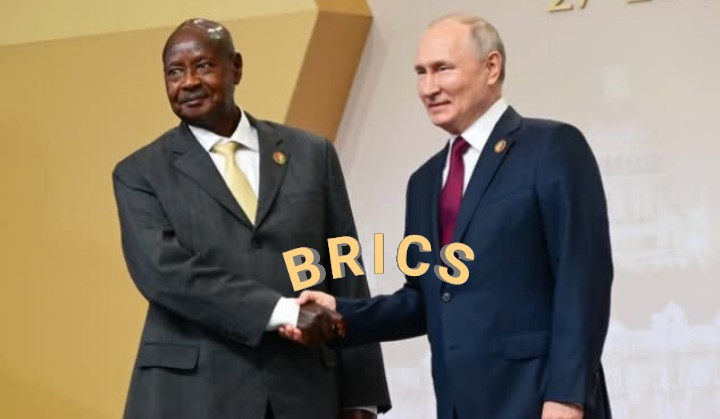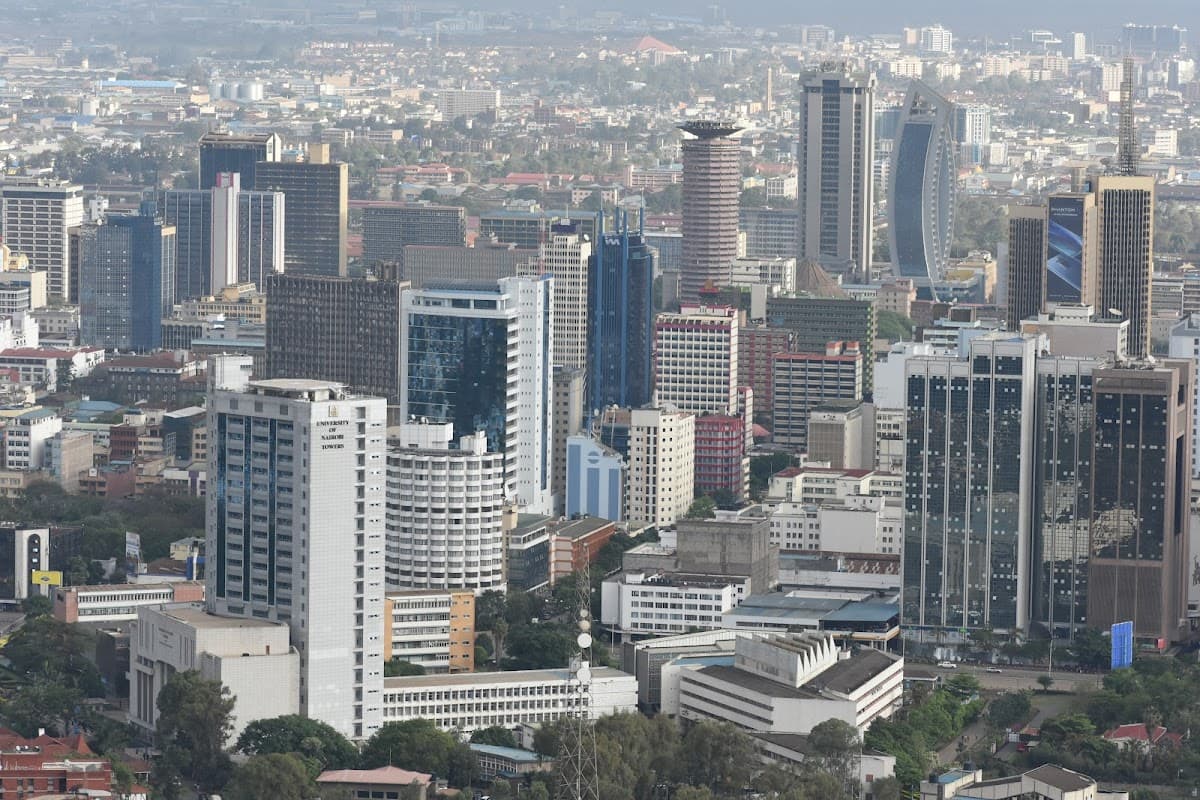The East African Country of Uganda is among the 9 new states that have officially joined the BRICS group as Partner States as the Bloc seeks expand its global footprint.
The new partner countries include: Belarus, Bolivia, Cuba, Indonesia, Kazakhstan, Malaysia, Thailand, Uganda and Uzbekistan.
With this expansion, BRICS and its partners will represent 41% of the global economy and house half of the world’s population.
The invitation for partnership was extended during the October 2024 summit in Kazan, Russia. Partner nations will engage in high-level meetings, including trade forums, security discussions, and ministerial events.
This collaboration strengthens BRICS’s influence on international matters, amplifying its voice in global diplomacy and economic reform.
BRICS may not be really explicitly a tool to counter the West, but its growing appeal, particularly among African nations, may lie in its principles of non-alignment, economic collaboration, and emphasis on a multipolar world.
The reason many African countries are interested in partnerships with the bloc is, Unlike traditional Western models often tied to stringent conditionalities like democracy and human rights issues, BRICS offers alternatives that prioritize sovereignty and mutual benefit.
BRICS emphasizes inclusive development for member countries, which is equitable partnerships.
A JULISHA MEDIA expert Notes "BRICS are also not interfering so much in the internal governance issues of countries like the West would do".
For countries in the Global South BRICS provides a platform to collaborate on trade infrastructure and technology, which helps bypass Western-dominated institutions like the International Monetary Fund and the World Bank, according to the expert.
The New Development Bank [established by BRICS] offers the funding for infrastructure and sustainable development projects without all the political strings that are often given or reinforced by the Western loans, making it attractive to countries seeking alternatives to the Western financing.
With BRICS's "non-aligned stance," its member states and partners can engage with various global powers without choosing sides in the East-West tensions.
Founded in 2009, BRICS originated as a bloc of emerging economies: Brazil, Russia, India, and China. South Africa joined in 2011, followed by Ethiopia, Egypt, Iran, and the UAE in 2024. With a shared vision for a new monetary system and UN reform, BRICS continues to challenge the dominance of G7 economies.







